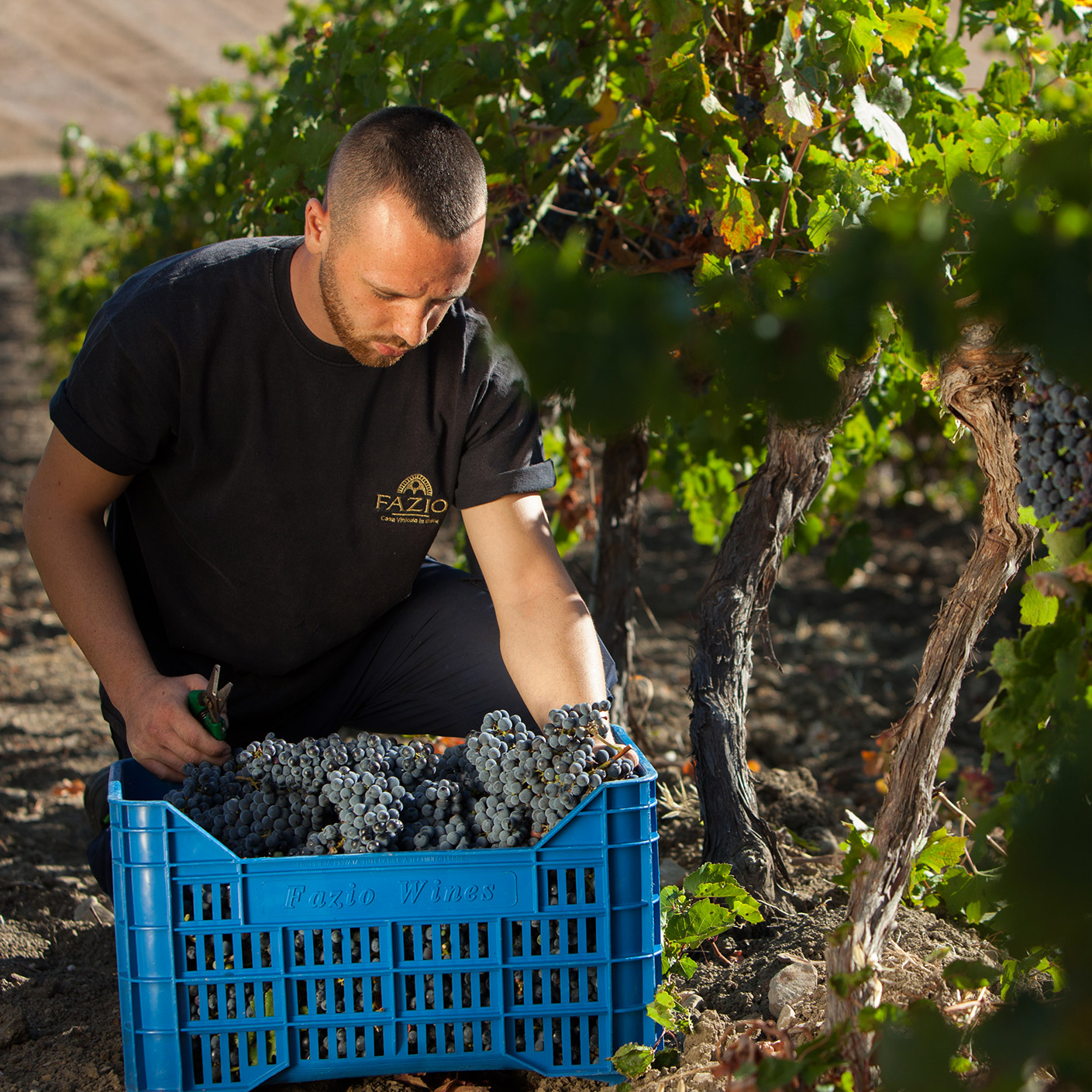sustainability and coutryside culture

To produce grapes of the highest quality means being in perfect balance with the ecosystem to which one belongs to. For these reasons, the company is committed to respecting the rhythms imposed by nature by using systems that limit environmental impact to its fullest extent. Thanks to a deep knowledge of the terroirs and the relationship there is between the environment and the vineyard, every choice – from the planting to the various management phases – is aimed at minimizing human intervention. Some of these choices are: the usage of rootstocks with high resistance to water stress to reduce water consumption; short pruning of the shoots to reduce yields per plant; exclusive use of eco-compatible substances (sulfur) for phytosanitary treatments; use of organic fertilizer (deriving from both pruning and natural grassing) to improve soil fertility.
Finally, during the agronomic year, all the activities in the vineyard are defined according to a systemic approach that involves the entire plurality of resources that make up the sustainability framework.
renewable energies
Avoiding waste in the field and in the cellar, using organic matter to promote the recovery of soil balance, reducing water consumption and, of course, promoting the rational use of energy produced from renewable sources is for us essential when talking about sustainability for wine production.
From production to distribution, energy represents a key resource for the entire supply chain. For this reason, over the last few years, Casa Vinicola Fazio has constantly improved its performance by reducing electricity consumption, also thanks to the rational use of energy produced from renewable sources. The winery in Fulgatore was designed to minimize human impact in this area according to the latest parameters of eco-sustainability, innovation and respect for the environment. Every single component of the structure has been designed to reduce energy consumption; all its rooms are in fact insulated to ensure control of the internal temperature. The use of alternative energy and of systems that reduce water consumption is also envisaged. Our photovoltaic system produces 180 Kw / hour of energy from solar panels, thus managing to meet the entire energy needs of the company.

